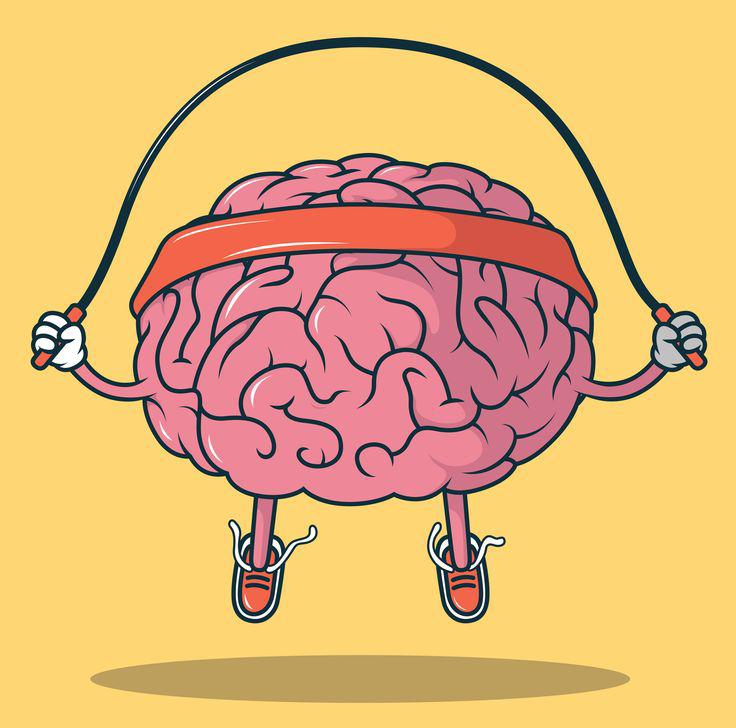The Importance of Early Literacy Development
By Saheed Sunday
Education is one pivotal aspect of human society which is fundamental to the social and psychological growth of any individual. This is to say that although not everyone living in certain societies is educated, it is a means towards upward social mobility in contexts. People will most likely want to listen to an educated person over an illiterate because there is a tendency that they have been faced with better exposure and armed with laudable logics. However, even within the educated mass, there is a class distinction that exists between those who are seen as highly intellectual and those who are simply average Joes. In hindsight, this distinction is mostly cemented from the early stages of the individials’ life. These said highly intellectual individuals have mostly been confirmed to be products of exposure to early literacy. Hence, it is logical to conclude that early literacy development has substantial advantages with relations to the progression of growth. What then are its importance?
To start with, it is crucial to note the fact that early literacy will foster a sense of interest in reading on the part of the young children. And reading has been tested across different milieu to be a useful tool with regards to building individuals’ vocabularies, perfecting their grammar usage, and even providing them with life-long lessons from historical or fictional experiences. This is to say that by the virtue of developing a child’s literacy early, there is the inclination that the child will be open to a wide options of vocabulary with which he/she can avail himself during effective communication. Likewise, there is the presence of the child’s grammatical enhancement. This facet will surface in his/her ability to construct correct and acceptable sentences with recourse to the rules that bind the said language. Similarly, reading is that path that opens one up to the past, present and future without necessarily having lived through them all. A child who has been introduced to literacy early has the ability to learn from these time fragmentations, and make wise decisions towards his own path.
Furthermore, another significance of early literacy development is satisfactory academic output. Research has shown that children who were introduced to reading prior to their first appearance in school tend to be more likely closer to success in their academic pursuits than the rest of their peers. The sense behind this can be drawn towards how early literacy development would have provided them with the basics of what they need — effective communication, reasonable display of linguistic capacity, promising writing skills, and exemplary reasoning. The intuitive blend of each of these qualities developed through early literacy makes it way easier for the kids to not feel strange when they are first introduced to the school setting. They find the environment familiar instead and are able to adapt to it accordingly.
In furtherance, there is a need to foreground that another importance of early literacy development in children is cognitive development. Thus, one can draw a line with recourse to the effectiveness of this motif towards the expansion of children’s cognition. These include their ability to retain the memory of what they have experienced, their span in attention, and their guardianship of logical and critical thinking skills. So to say, a child with early literacy will most likely have the leverage to retain information for a long-term period, which is an aftermath of the development of his/her cognition. The same thing goes for their attention span. A kid who has been made to find interest in reading from childhood has a high tendency of a longer attention span than others. Also, through the development of early literacy in children, there is an increase in their proficiency to think critically, and according to logic. The development of cognition, therefore, through early literacy can be said to be a benchmark of memory retention, attention span, and logical and critical thinking.
Finally, this essay has been able to provide details of some of the significance of early literacy development in children. It spans its discussion across such benefits as the capacity to build an interest in reading which will, in effect, contribute to vocabulary development, correct grammar usage, and life-long lessons. It also briefly examines how the motif of early literacy can contribute to good educational output. Furthermore, it hinges on how this motif can be a benchmark towards cognitive development.





